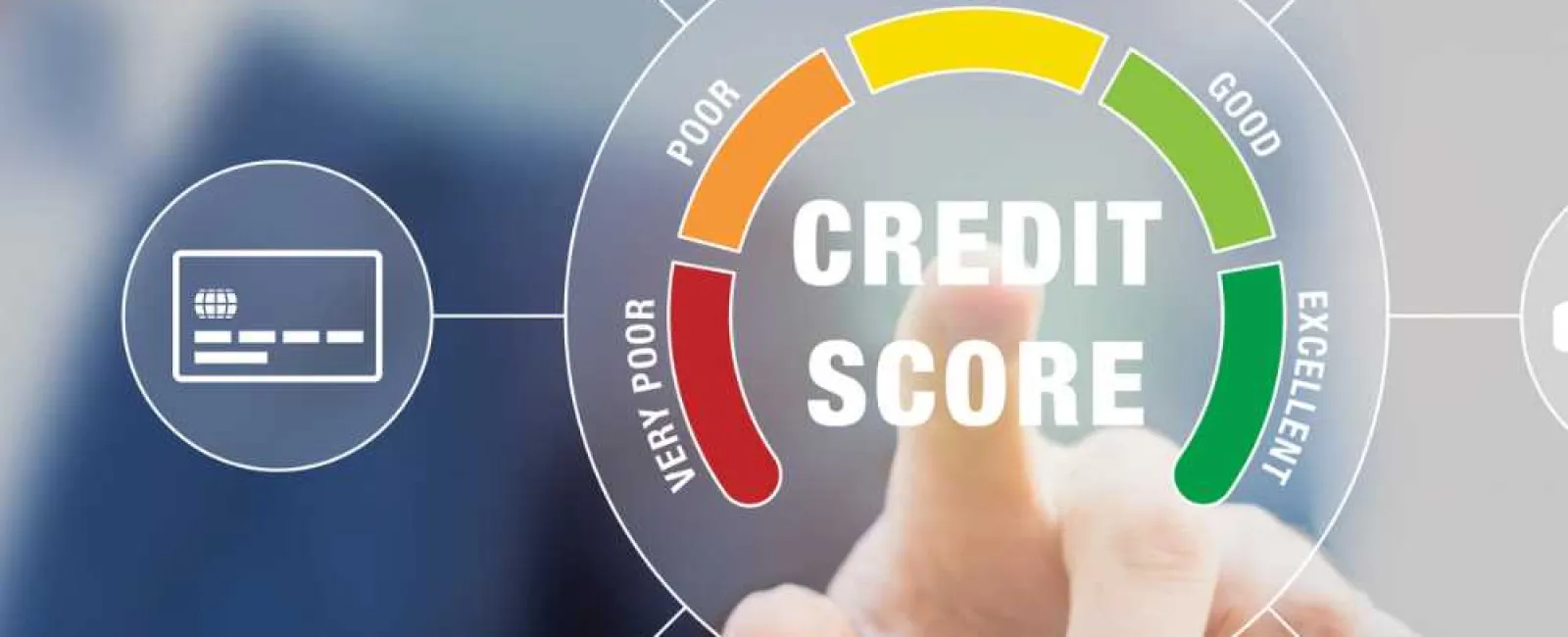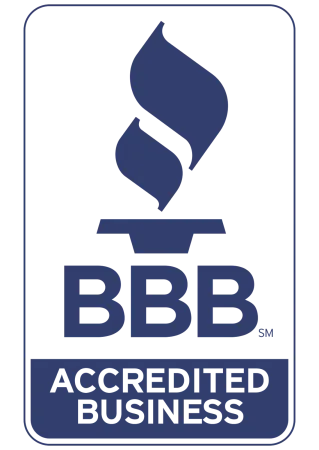Credit Score 101
So, what's a credit score, and why does it matter?
Your credit score is a three-digit number serving as an indicator of your creditworthiness and financial responsibility. The calculation is based on a variety of factors, including your credit utilization, payment history, outstanding debt, types of credit and history of credit. The higher your score, the easier time you'll have getting approved for a mortgage, and the lower the interest rates you'll be offered.
What is a credit check?
When you apply for a mortgage, the lender will typically pull your credit report from at least one of the three major credit bureaus. This is your credit check. The lender will use the information on your credit report to determine your creditworthiness and if you're a good candidate for a mortgage. If they find any red flags on your credit report, they may decide not to approve your mortgage, or to give you a higher interest rate.
How does a credit check impact my credit score?
When a lender pulls your credit report, it can have a temporary negative effect on your credit score. This happens because each credit inquiry is recorded on your credit report, and can be seen as a red flag by lenders. But there's good news! The ding to your credit is usually small and temporary, so your credit score should bounce back within a few months.
Should I limit my mortgage applications to mitigate the effect on my credit score?
Actually, all credit checks from mortgage lenders within a 45-day window will be recorded as a single inquiry on your credit report. Creditors know you're only buying one hone, so the multiple inquiries do not indicate multiple loan applications. You can take your time shopping for a mortgage and getting loan estimates from various lenders, as long as it's within the 45-day window.
Take advantage of HEFCU's First Mortgage Loan Program today!



